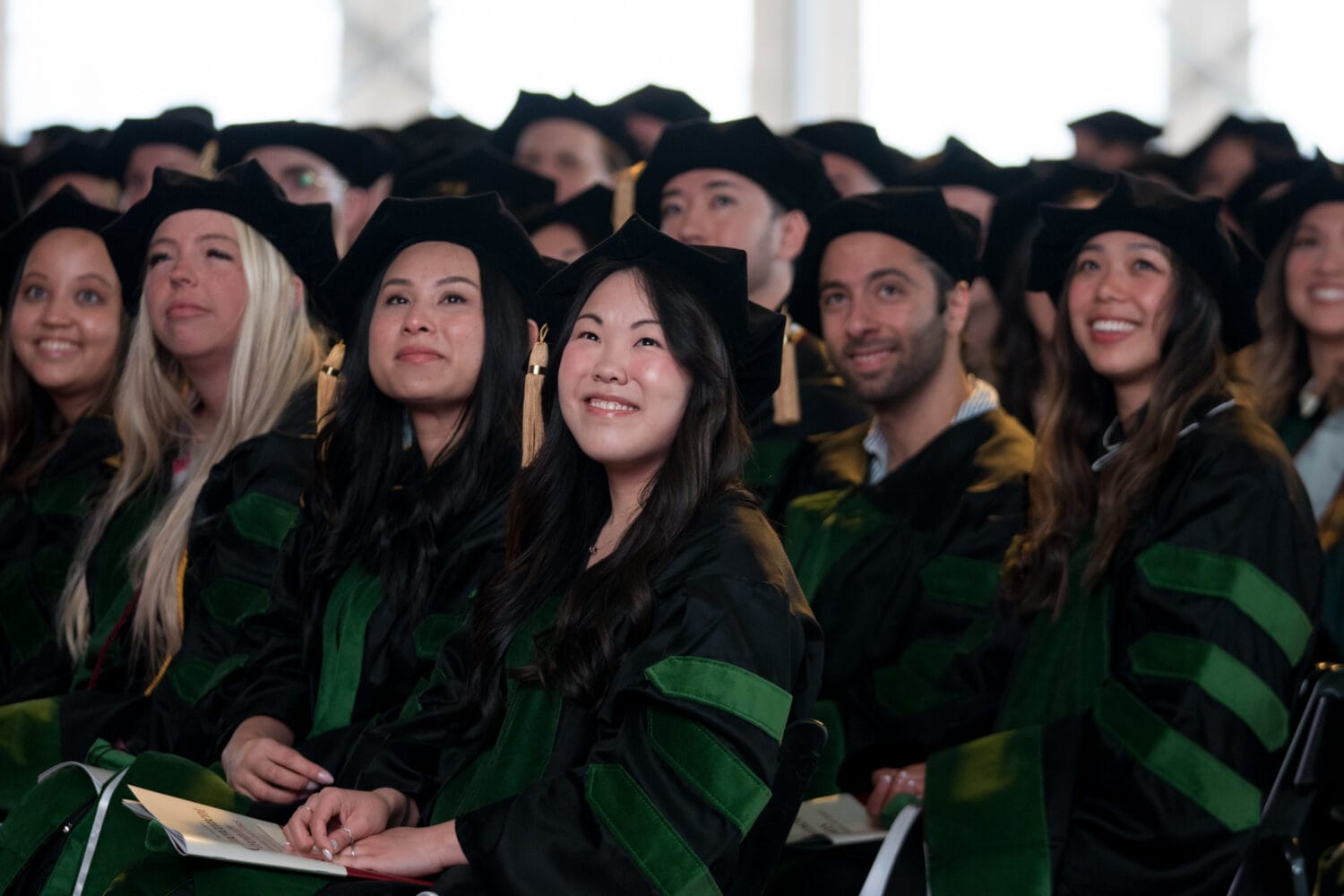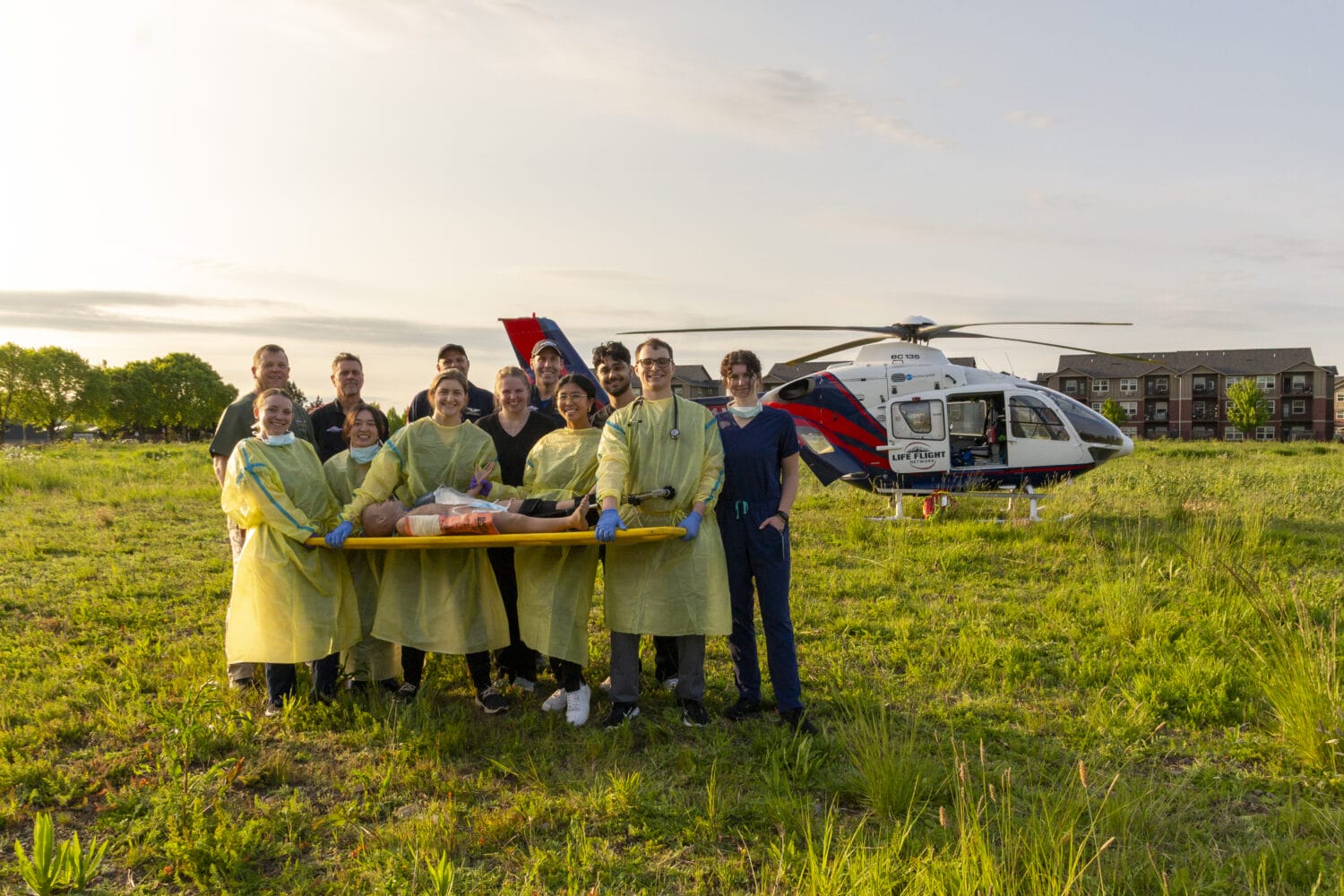Relief trip opens alum's eyes
Dr. Rahmi Mowjood traveled to Sri Lanka with medicine, money and a
strong desire to help those afflicted by the tsunami disaster in his
native country.
The 32-year-old resident of Rancho Cucamonga and WesternU family
doctor returned with something, perhaps, just as important.
“”Maybe my need for control and my need to be able to possess things is
not as great, which is not to say I’m going to become a hermit …”” said
Mowjood, reflecting on his nearly two-week trip with a team of Southern
California doctors that ended last month. “”I think I have a greater
understanding of my place in the world.””
Mowjood, who still has relatives there, left Sri Lanka when he was an
infant and does not speak the native languages of the country. But he
said he felt comfortable there and “”in touch”” with the people.
Mowjood, a Muslim, worked in coordination with a Jewish humanitarian
group called VeAhavta, treating families in refugee camps and villages in
need of medical care. Armed with a large supply of antibiotics, cough
medicines, bandages and toys, at times Mowjood and his fellow doctors saw
between 40 and 50 patients a day.
Many people suffered from common colds and coughs. Others were treated
for injuries they received while fleeing the tsunamis. Still others faced
Post Traumatic Stress Disorder and other psychological trauma.
He also witnessed the physical devastation of the country.He saw roads
and buses completely overturned. He saw boats that had washed up onto
streets, and he saw families sitting on just the platforms of houses.
The natural disaster didn’t discriminate against anyone, regardless of
race, class or religion, he said.
“”Those human things that we erect to identify ourselves seem so
meaningless now,”” he said. “”If I had any reservations, going through this
definitely shed all those stereotypes if anything at all.””
He was also struck, he said, by the attitude of the people there.
While many had lost their children, their wives and their homes, life
continued.
One man he saw who was being treated by a fellow doctor said he had
difficulty sleeping. After the doctor spoke to him at length, they
discovered that he had lost not only his wife but all of his children in
the disaster.
Although he was coping with the physical and spiritual loss of his
family, he was still able to function.
“”There was something very positive about the fact that he was able to
move on and go on,”” Mowjood said.
Mowjood urges people to continue donating to organizations and people
in need from the disaster that hit several Asian and African countries on
Dec. 26, 2004. He has created his own Web site, tomorrowstartstoday.org,
which details his trip and offers ways to continue to help.
“”The hardest thing I’ve done since I’ve been back is to admit we’ve
done something good,”” said Mowjood. “”I feel like I haven’t done
anything at all … They have been drops in a bucket.””
By Brenda Gazzar
Daily Bulletin staff writer



